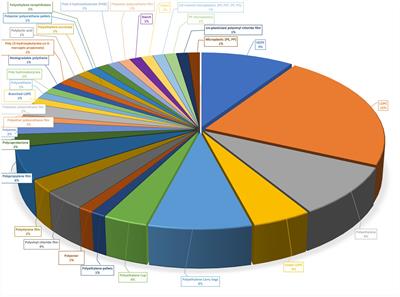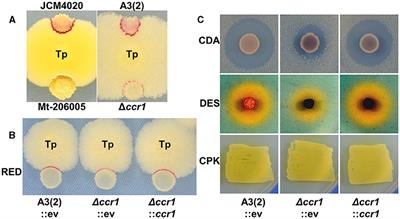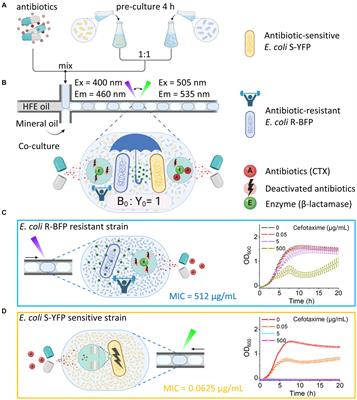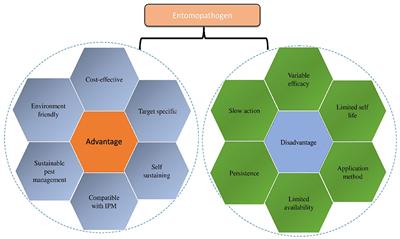ORIGINAL RESEARCH
Accepted on 26 Dec 2024
A Mass Spectrometry-Based Strategy for Investigating Volatile Molecular Interactions in Microbial Consortia: Unveiling a Fusarium-specific induction of an antifungal compound
doi 10.3389/fmicb.2024.1417919
- 119 views





